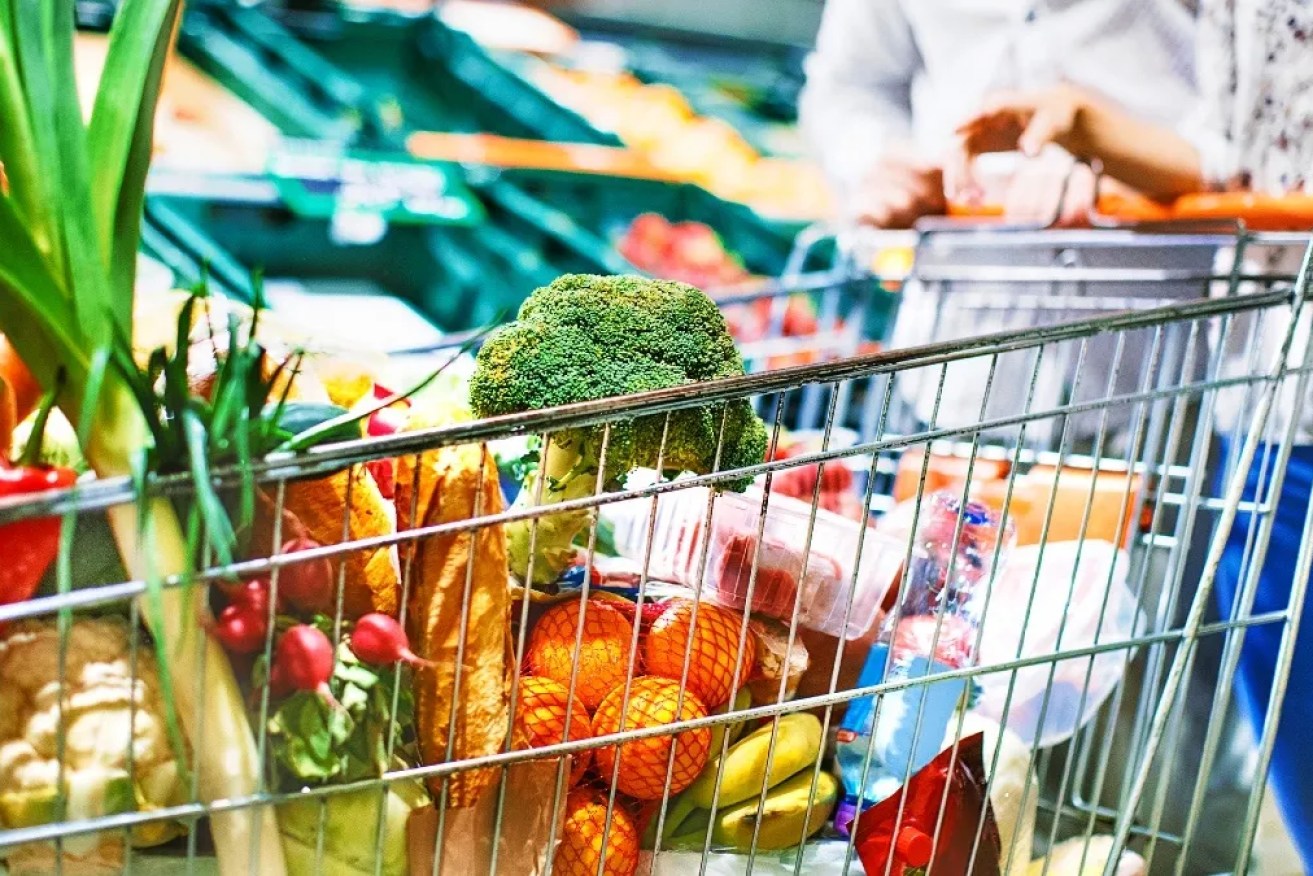Greens’ call to cap grocery prices dismissed by economist


A politician has suggested a cap on grocery prices, but experts think it's a bad idea. Photo: Getty
The Victorian Greens want a cap on grocery prices to ease the squeeze on consumers, but experts suggest it could be a bad idea.
Greens MP Sam Hibbins made the suggestion in The Age on Monday, saying price controls on food staples would be an effective way to curb cost-of-living issues.
“People are crying out for direct government intervention,” Hibbins said.
“The strategic use of price controls is both an effective and credible tool to stop supermarket price gouging.”
Major supermarkets Coles and Woolworths have been the focus for community anger in recent months, as the two posted large profits while many Australians are struggling with rising prices.
Activists have even spray-painted slogans about price gouging in supermarket stores that have gone viral on social media.
And while the most acute grocery prices increases happened last year, many staples are still going up rapidly, according to Deakin University research that has tracked double-digit price increases for a range of fresh fruit and vegetables.
Floods helped send prices for a range of fruit and vegetables through the roof last year, with pears (up 42 per cent), bananas (22 per cent), red apples (19 per cent), brown onions (24 per cent) and potatoes (9 per cent) among the hardest-hit products, according to Deakin’s figures.
But while Hibbins has suggested price caps could curb the worst of these rises, others have suggested it could backfire and actually result in less stable prices because of market distortion.
Problems with price caps
University of Adelaide economics expert Professor Ralph-Christopher Bayer said price caps have immediate and longer-term effects that could end up making some foods less available and more expensive.
“In the short term, what might happen if you cap prices is that there’s more demand at that price than there’s supply,” he said.
“The problem is that it might lead to rationing.”
In the longer term, Bayer said capping prices could obfuscate signals for farmers, who rely on prices as a measure of the balance between demand and supply changing for products.
“You might have a problem where that price signal doesn’t work,” he said.
Nevertheless, Dr Christina Zorbas, the Deakin University researcher who tracks grocery prices, said her work shows Australia needs to make food more affordable for people on low incomes and income support payments.
“The evidence tells us that means better social protection policies in Australia and globally to ensure people aren’t living below poverty lines, and not just acting on food prices,” she said.
Even after a recent $20-a-week increase in the JobSeeker rate, recipients remain on payments set below the poverty line despite warnings from advocates that many people are skipping meals to make ends meet.
Bayer said that where high food prices are a problem policymakers should consider a wider suite of solutions, including addressing lacklustre competition between firms and other market reforms.
“Microeconomic reform that improves competition is a better idea,” he said.
“It’s not a quick fix that’s populist, but in the long term better competition improves prices.”
Bayer noted anger at the major supermarkets amid price increases, but suggested that most of the inflation on shelves has been driven by higher costs.
Supermarket margins have inched higher over the past year, but not by much, though Australian chains remain more profitable than their overseas counterparts.








